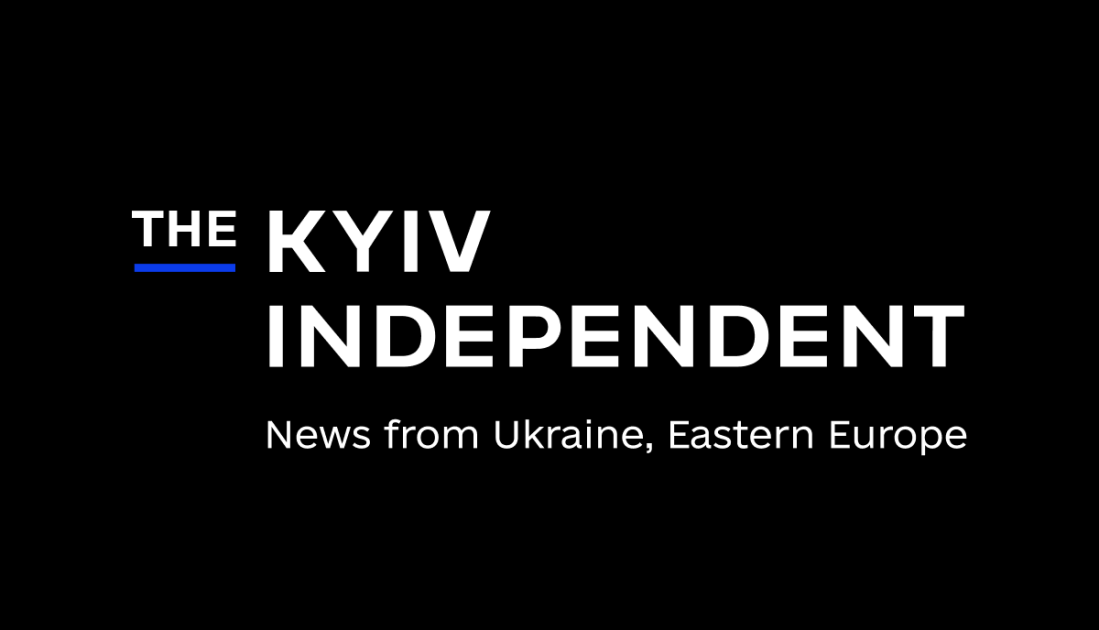UK Defense Ministry: Russia using its passports as 'Russification' tool in occupied Ukrainian territories
Moscow-installed proxies in occupied Ukrainian territories are "almost certainly" forcing the local population to take Russian passports, the U.K. Defense Ministry reported on April 24.
Residents of Kherson Oblast's occupied part have been threatened with deportation and property seizure in case they don't accept Russian citizenship until June 1, 2023, the ministry wrote in its intelligence update.
"Russia is using passports as a tool in the 'Russification' of the occupied areas, as it did in Donetsk and Luhansk before the February 2022 invasion," reads the update.
Moscow has used a simplified procedure to hand out Russian passports in parts of Donetsk and Luhansk oblasts occupied since its first invasion of Ukraine's Donbas region. Russia has distributed around a million Russian passports on Ukrainian territory since 2019.
"Russia is likely expediating the integration of the occupied areas of Ukraine into the bureaucracy of the Russian Federation to help paint the invasion as a success, especially in the run-up to the 2024 presidential elections," the U.K. Defense Ministry added.
On April 7, the Ukrainian military's National Resistance Center wrote that Moscow-installed proxies in the occupied territories of southern Ukraine had increasingly forced civilians to obtain Russin passports, resorting to violence against those who refused to do it.
Ukraine's Armed Forces liberated the west bank of the Dnipro River in Kherson Oblast, including the regional capital, in November 2022. Russian troops fled to the east bank and still hold those territories.
Russia declared the "annexation" of Kherson, Zaporizhzhia, Donetsk, and Luhansk oblasts in September 2022, after Russia's proxies held sham referendums in the occupied parts of these regions and claimed that 87% to 99% of the participants "voted" to join Russia, depending on the region.
On July 13, European Union foreign affairs chief Josep Borrell said the EU wouldn't recognize Russian passports issued to Ukrainian citizens in occupied territories.












